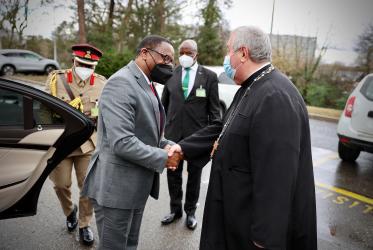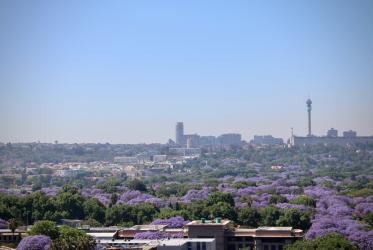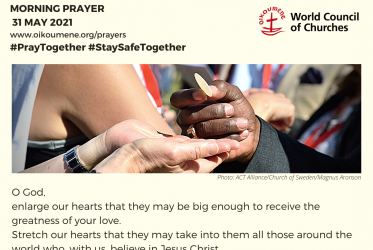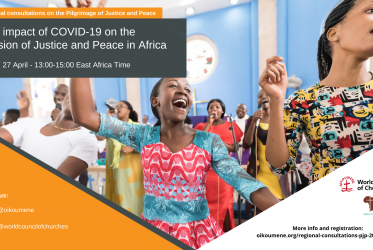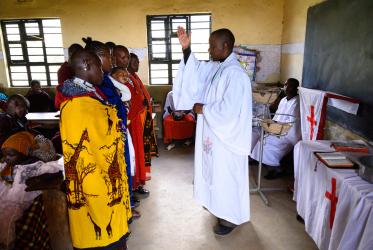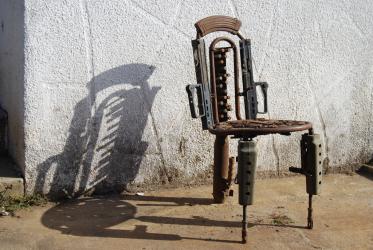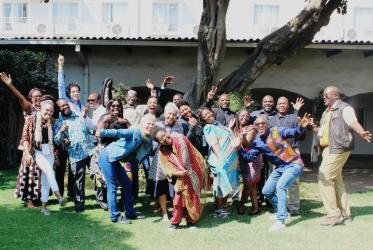Displaying 1 - 20 of 62
Uppsala 1968: The times, they were a’changing
06 September 2022
President of the Republic of Malawi visits WCC with hope for Africa
24 February 2022
Morning Prayer for Monday, 31 May 2021
31 May 2021
Christians in Africa face increasing violent attacks, repression
23 December 2020


